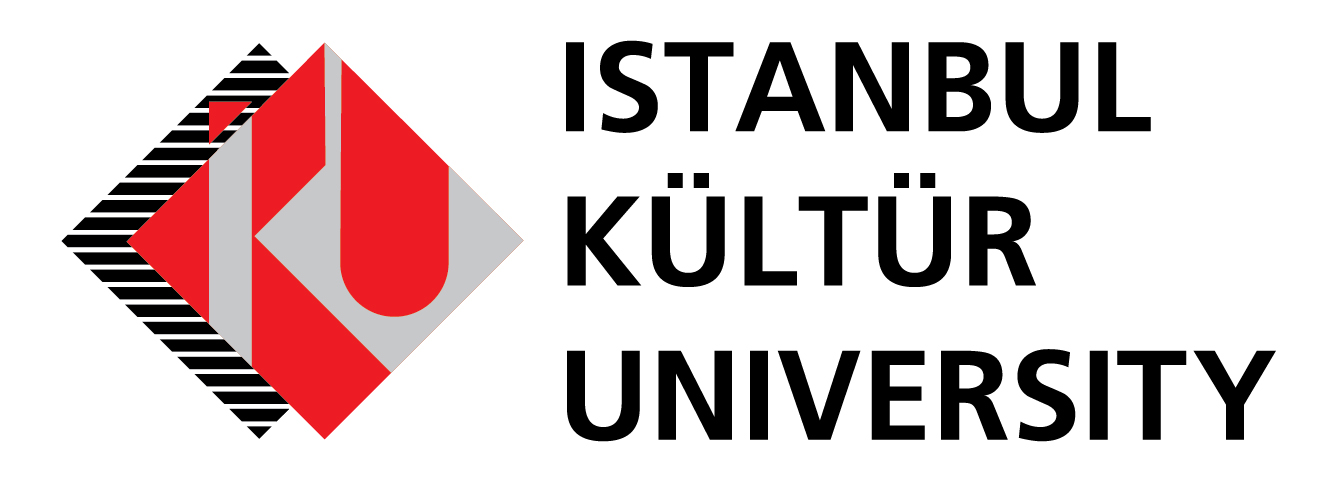For flight operation management to be carried out safely, there is a need for staff to plan, implement, monitor and control flight operations; to inform the flight team upon the responsible pilot’s demand or when necessary; to monitor flight flow and to transmit emergency information to the relevant units. The Flight Operations Management Program was launched at Istanbul Kültür University in order to improve the aviation sector in the country day by day and to train the necessary individuals.
The training period of the Istanbul Kültür University (İKÜ) Flight Operations Management Program is two (2) years. In our undergraduate program, core courses such as communication and navigational aids, basic operation performance, air traffic rules and ground services, routing and control, aircraft weight and balance, aerodynamics and basic aircraft knowledge will be provided. Alongside these courses, the content will be enriched with management-based courses and sectoral applications in aviation.
Students of the İKÜ Flight Operations Management Program will have the opportunity to communicate with the people working in the sector thanks to our university, which is in contact with institutions and organizations operating in the aviation sector. They will also have the opportunity to develop practical knowledge with experienced instructors from the sector.
Students who graduate from the Flight Operations Management Program are presented an associate's degree diploma in the field of Flight Operations Management. Graduates of the program can find jobs in airline companies (passenger - cargo) and representation/surveillance companies. After getting a license approved by Civil Aviation, they will also be able to serve as a Flight Dispatcher (Flight Operations Specialist) who performs Flight Operations management.
Our graduates can choose the undergraduate program stated below via the vertical transfer examination (DGS).
- Aviation Management
The Flight Operations Management Program aims to train professional flight operations specialists equipped with the knowledge, skills, and competencies required to plan, manage, and monitor flights in accordance with national and international civil aviation regulations, ensuring operational safety. The program seeks to provide students with a strong technical foundation that enables them to maintain effective operational communication throughout all phases of flight, adopt a risk-based thinking approach, and respond appropriately to potential emergencies and operational disruptions.
In this context, the program aims to equip students with comprehensive operational workflow knowledge, enabling them to work in coordination with ground services teams, cabin crews, and technical maintenance units to ensure that flights are prepared for on-time and smooth departures. Through real case scenarios, simulation practices, and field training, students develop essential competencies such as coordination, problem-solving, time management, and operational assessment.
The program also focuses on enhancing students’ technological proficiency by enabling effective use of modern flight tracking systems, electronic flight planning software, and digital operations platforms. Through laboratory work, simulations, and computer-assisted planning applications, students gain the ability to use, interpret, and integrate contemporary technologies into operational decision-making processes.
Additionally, the program emphasizes educating individuals who can adapt to the dynamic working conditions of the aviation sector, maintain discipline under high-stress environments, and sustain their professional development through lifelong learning. Career management seminars, advisory services, and sector-based mentoring activities strengthen graduates’ adaptation skills to the professional work environment.
In line with the program’s quality assurance approach, regular feedback meetings with external stakeholders, integration of sectoral needs into the curriculum, and effective evaluation of summer internships are carried out to ensure continuous improvement of educational quality. In this way, students are prepared for flight operations expertise through a safety-oriented, practice-based, and up-to-date educational framework aligned with industry expectations.
Mission
The mission of the Flight Operations Management Program is to train flight operations specialists who possess the professional knowledge, skills, and competencies required to ensure the safe and efficient execution of flight operations in accordance with national and international civil aviation regulations. With a sector-focused educational approach, the program aims to educate professionals who are competent in flight planning, flight monitoring, emergency management, and operational coordination processes, who use technology effectively, and who embrace a strong safety culture.
Vision
The vision of the Flight Operations Management Program is to become a leading vocational education program that provides qualified workforce to the aviation industry, is preferred for its educational quality, complies with DGCA (Directorate General of Civil Aviation) standards, and prioritizes continuous development. The program aims to achieve national and international recognition as a program with high graduate employability, innovative approaches, and effective quality assurance processes.
Program Purpose
The Program of Flight Operations Management aims to train flight operations specialists who, in accordance with the standards of the General Directorate of Civil Aviation of the Republic of Türkiye (SHGM), the International Civil Aviation Organization (ICAO), and the European Union Aviation Safety Agency (EASA), are committed to the safety culture which will keep up with developments in the aviation sector, understand operational processes, possess a sense of social responsibility, utilize technology effectively, and possess advanced communication and coordination skills.
Program Objectives
Objective 1 – Knowledge
To ensure that students acquire fundamental and field-specific knowledge related to flight planning, aircraft performance, meteorology, airspace structure, aviation legislation, and flight operations processes.
Objective 2 – Cognitive and Practical Skills
To provide students with the analytical, evaluative, and decision-making skills necessary for pre-flight, in-flight, and post-flight operational stages, enabling them to conduct flight operations independently.
Objective 3 – Competence
To equip students with the professional competencies required to serve as licensed flight operations specialists certified by the Directorate General of Civil Aviation, and to train graduates who can actively participate in emergency management, information flow, operational coordination, and safety processes.
Objective 4 – Communication and Teamwork
To develop students’ ability to communicate effectively with pilots, cabin crew, technical teams, ground services personnel, and other operational units, and to strengthen their professional collaboration skills for coordinated work with various disciplines.
Objective 5 – Technological Competence
To train graduates who can effectively use the software, planning tools, and electronic systems utilized in flight operations and who can adapt to technology-driven operational processes.
Objective 6 – Professional Development and Ethics
To cultivate individuals who embrace aviation safety culture, are knowledgeable about DGCA regulations, possess ethical responsibility awareness, and are open to lifelong learning and continuous professional development.
Objective 7 – Employment Orientation
To support the employability of graduates as flight operations specialists in national and international airlines, general aviation enterprises, air cargo companies, and ground services organizations.
In parallel with the rapid development of technology in today’s world, the aviation field is also developing rapidly. Factors such as the growth of trade between countries and safe and fast air transportation have increased interest in the aviation sector, and innovations and changes in aviation have become inevitable.
We are moving forward with the target to meet the labor force need in the sector and to train qualified personnel.
In line with our objective, we aspire to equip individuals with the necessary skills to meet the needs of the industry with the help of our expert staff.
Head of the Program
Instructor Evren Yılmaz
| Head of Program and Education Advisor for Second Grades | Instructor Evren Yılmaz |
| e.yilmaz@iku.edu.tr | |
| Tel | (0212) 498 - |
| Fax | (0212) 543 69 70 |
| Education Advisor for First Grades | Instructor Nur Budaklıer |
| n.budaklier@iku.edu.tr | |
| Tel | (0212) 498 - |
| Fax | (0212) 543 69 70 |



